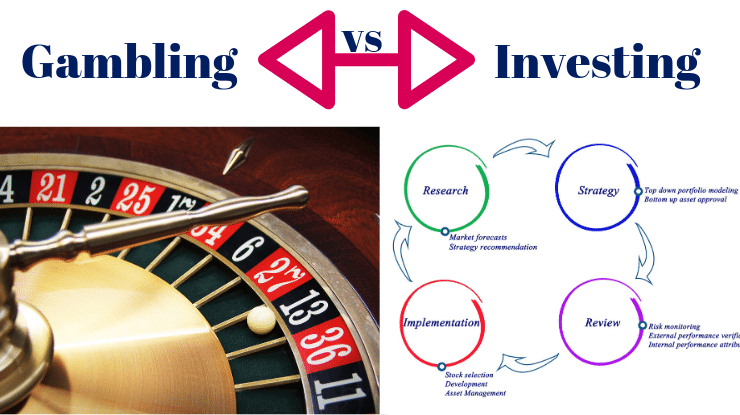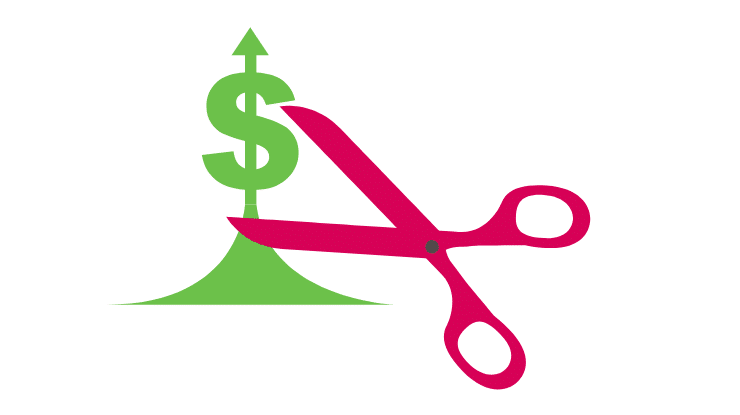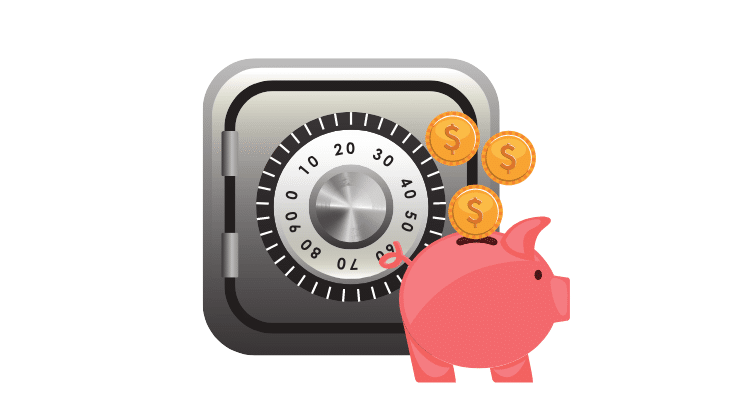Once a woman achieves financial stability, no longer struggling to make ends meet, something within her dramatically changes…though she’s rarely aware it’s happening.
Her brain, no longer tasked with simply surviving, is ready to rewire itself.
She finds herself yearning for Greatness, no longer satisfied with mediocrity.
She deeply desires to create wealth, not for its own sake, but for its original meaning—well-being.
She strives for power, not to appease or dominate others, but to have dominion over herself.
She searches for significance, not by being the best or making the most, but by doing what God put her on earth to do.
Rewiring, however, requires tremendous effort. She must intentionally respond differently, not habitually, consciously choosing behaviors that permit her to thrive…rather than merely survive.
Yet, unless she’s vigilant, her old neural connections will keep recreating ‘not enough’. She’ll unwittingly remain rooted in the hard-wired neuropathway offering the least resistance (otherwise known as her comfort zone).
I truly believe when enough women understand how to rewire their brains by taking the path of most resistance, building their wealth and claiming their power, a global transformation will occur.
We’ll have the values, visions, sensitivity and the resources needed to change this world, heal this planet.
This, I believe, is our essential legacy, our inherent destiny, our financial responsibility as women.
Tell me about the legacy you want to leave in the comments below.
Get the support you need to create the Wealth you desire in my virtual community of women supporting women, The Wealth Connection. Now only $47/month! Join the conversation today!











